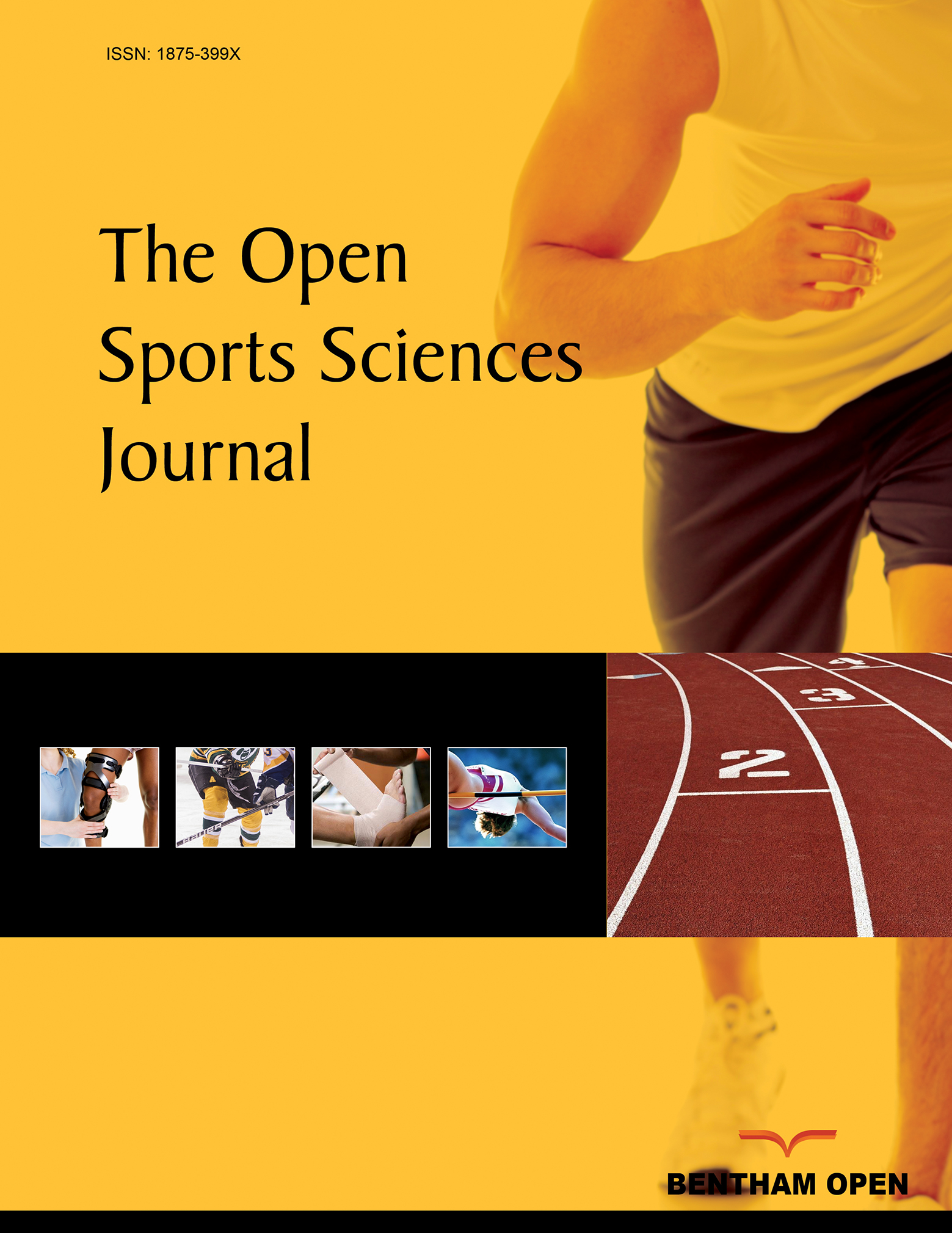All published articles of this journal are available on ScienceDirect.
Effects of Acute Exercise on Opiate and Cigarette Craving in Methadone Patients
Abstract
Acute aerobic exercise has been shown to reduce craving for cigarettes in smokers. Over 80% of patients enrolled in methadone maintenance treatment (MMT) programs for opiate addiction are smokers and 29% suffer from diabetes. Many MMT counselors believe that regular physical exercise helps their patients to be successful in the program; however, there have been no previous studies demonstrating that increased physical activity positively impacts MMT patients.
Purpose:
To determine if acute aerobic exercise changes opiate and cigarette craving in MMT patients.
Methods:
9 MMT patients (Age = 45±2 years; BMI=27.5±1.9) completed 3 randomly applied experimental trials immediately before receiving their daily methadone dose. The experimental trials consisted of 20 minutes of rest, moderate exercise (65% predicted maximal heart rate), or vigorous exercise (80% predicted maximal heart rate). Craving for opiates, cigarettes, and sweets was recorded before, immediately after (IPE), and 10 minute after exercise (10 Post). Subjects also completed the Subjective Opiate Withdrawal Scale (SOWS) before and 10 minutes after exercise.
Results:
Craving for opiates was reduced (p<0.05) as a result of vigorous exercise at IPE (-26.8+6.9%) and 10 Post (-5.5+0.5%); however, craving for opiates was unchanged following moderate exercise. Craving for cigarettes was reduced (p<0.05) following both moderate (IPE=-37.9+6.1%; 10 Post=-13.1+9.1%) and vigorous (IPE=-37.1 +7.1%; 10 Post=-8.8+9.2% exercise. Craving for sweets and the SOWS was unchanged as a result of exercise.
Conclusion:
The results of this investigation suggest that craving for opiates and cigarettes in patients participating in a MMT program may be influenced acute aerobic exercise.


